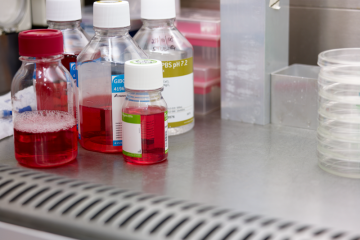Strategic grant
Upscaling human stem cell assays to detect autoantibodies in central nervous system diseases

At a glance
Completed
Award date
October 2024 - March 2025
Grant amount
£405,127
Principal investigator
Dr Lahiru Handunnetthi
Co-investigator(s)
Institute
University of Oxford
R
- Replacement
